National Commission for Refugees, Migrants, and Internally Displaced Persons (NCFRMI) has promised to address the various crises facing the North Central due to migration of persons fleeing conflict areas to the zone in the new National Migration Policy.
At a workshop aimed at building capacity and consulting with Migration stakeholders in the zone ahead of the review of Nigeria’s National Migration Policy (2015) in Keffi, Nasarawa State, NCFRMI’s federal commissioner, Mr. Ahmed Tijani, said the proposed review would be comprehensive and will reflect the zone’s unique and evolving dynamics caused by the influx of people of diverse backgrounds and tendencies.
“Today’s workshop convenes stakeholders from the North-Central geopolitical zone of Nigeria, spanning Abuja (FCT), Nasarawa, Benue, Kogi, Kwara, Niger, and Plateau states. This gathering serves as a pivotal opportunity to comprehensively address the region’s unique and evolving dynamics through focused consultations and collaboration,” he stated.
He said pressing challenges such as the persistent farmers-herders conflicts, the plight of internally displaced persons, and the increasing influx of asylum-seekers and refugees from Cameroon into towns like Makurdi and other border areas, will be critical issues of focus.
He said the region’s potential, including its flourishing agricultural output, rich natural resources, and vibrant population will be spotlighted.
LEADERSHIP reports that the workshop was organised with the support of the International Organization for Migration (IOM), within the framework of the Programme: “Strengthening Fact-Based and Data-Driven Migration Governance and Management in Nigeria with the support of Migration Partnership Trust Fund (MPTF)”.
“In 2015, Nigeria adopted the National Migration Policy (NMP), serving as the comprehensive or overarching framework to address the multifaceted nature of migration in our country. This policy acknowledged the complexities of internal migration, urbanisation, security concerns, and border management and highlighted the growing importance of migration issues at the sub-national level. With its five-year lifecycle, the 2015 policy is now overdue for a review.
“Emerging challenges and opportunities in the migration landscape, both domestically and internationally, necessitate the integration of these new dynamics into our migration policy. To remain effective and relevant, Nigeria’s Migration Policy must be updated to reflect our current priorities and commitments,” Tijani said.
He said the refugee commission decided to adopt a strategy that emphasizes stakeholder engagement to ensure thorough participation at both state and local levels across the country’s six geopolitical zones.
“These workshops aim to gather essential information, solicit feedback, and enhance the capacities of zonal stakeholders. This inclusive approach is vital to ensuring that the revised National Migration Policy is both unified and reflective of the diverse needs of each zone, thereby ensuring a robust and representative policy framework,” he opined.

 4 months ago
34
4 months ago
34
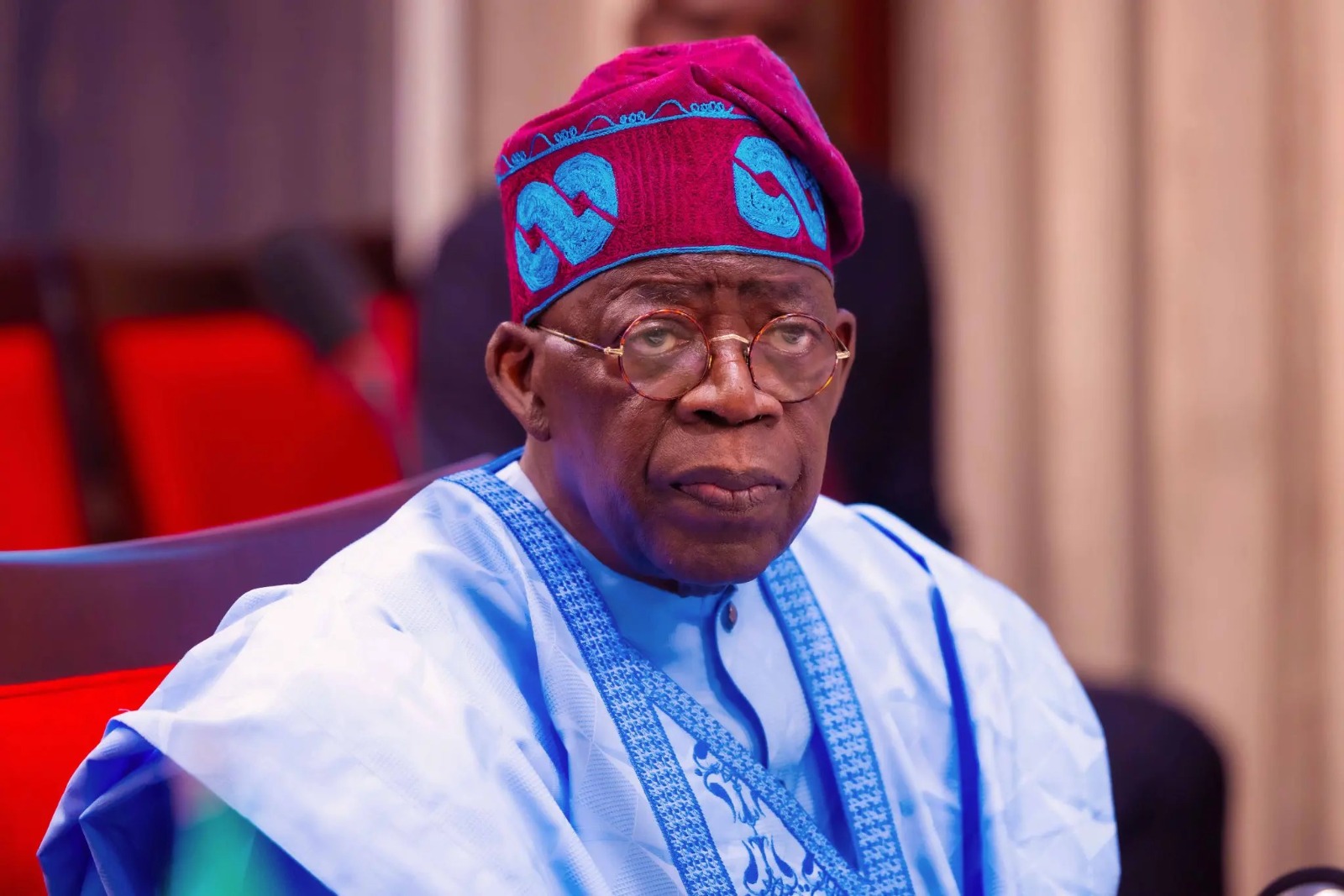

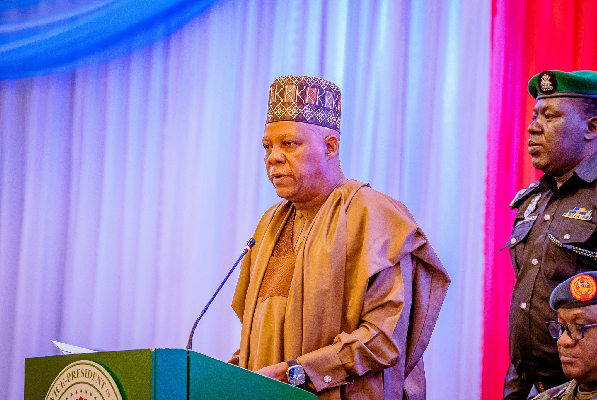




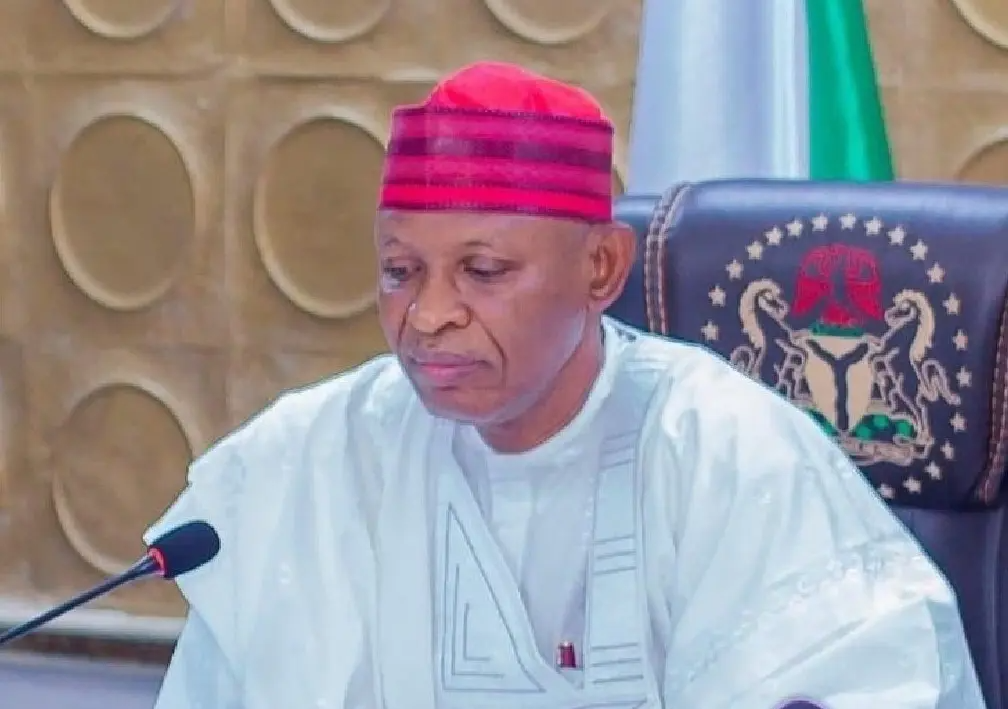


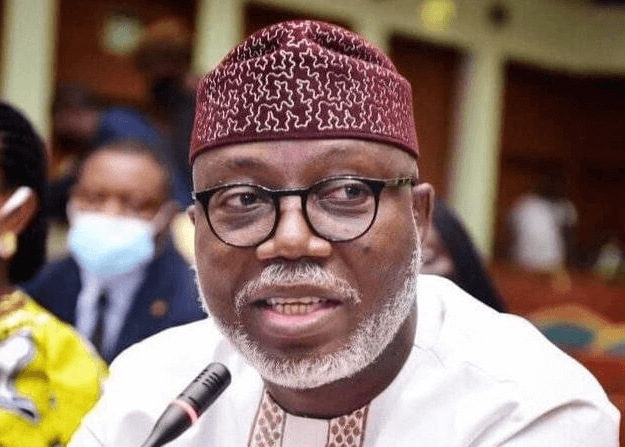



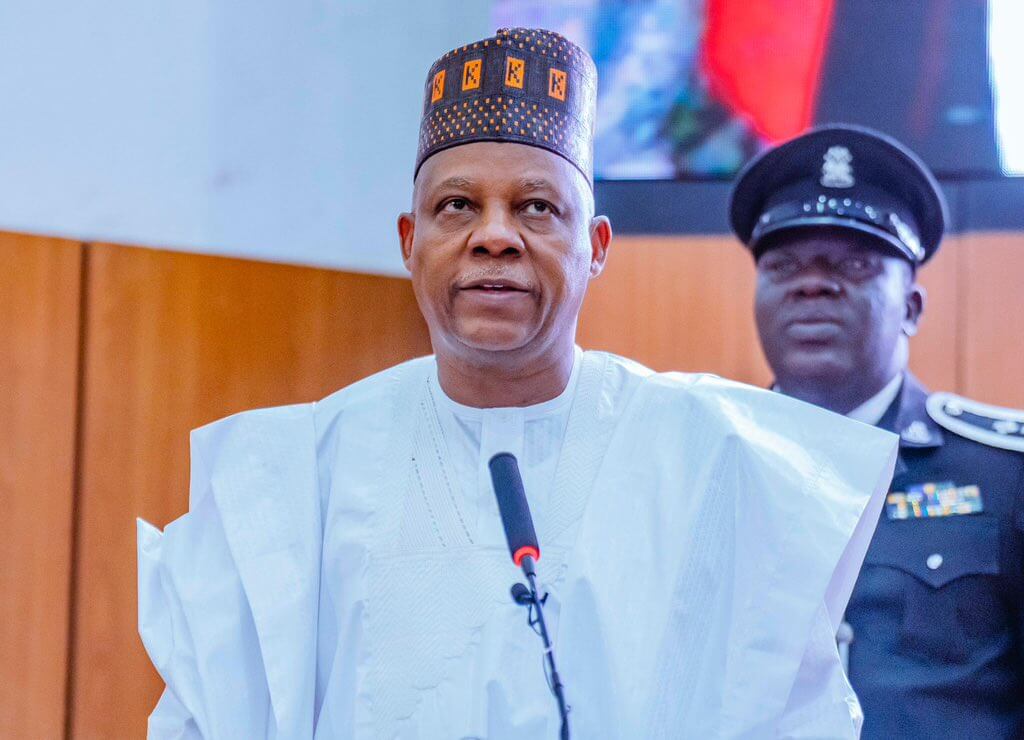
 English (US) ·
English (US) ·